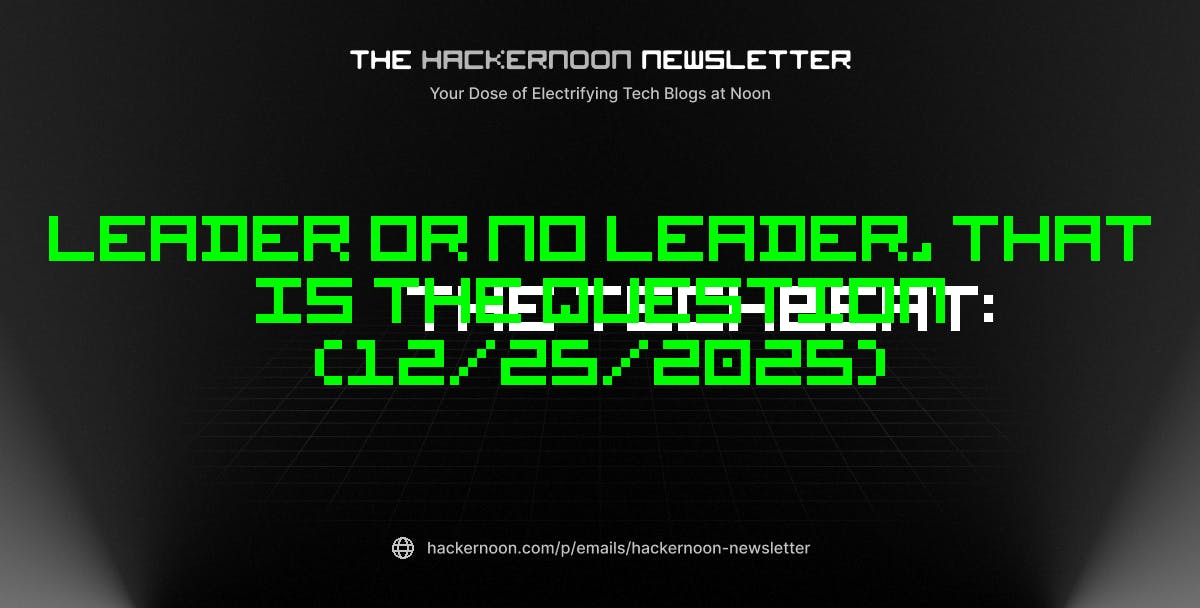A surprise executive order last week put a $100,000 fee on new H-1B visa applications, alarming the U.S. tech industry and resurfacing a long-running debate: are skilled immigrants competitors for American jobs, or crucial drivers of innovation?
This week’s GeekWire Podcast guest, Shirish Nadkarni, knows this debate firsthand.
A Microsoft veteran and serial entrepreneur whose startups were acquired by BlackBerry and Rosetta Stone, Nadkarni immigrated from India decades ago. His new book, The Indian American Tech Success Story, makes the case that immigrant founders — especially from India — are among America’s greatest economic assets.
Nadkarni explained that this wave of immigrant-led innovation wasn’t an accident, but a direct result of forward-thinking U.S. policy at the time. He pointed to key legislation including the pivotal Hart-Celler Act of 1965, which opened the doors for skilled immigrants from countries like India and China, who had long been excluded under earlier immigration laws.
As he writes in the book, that policy shift coincided perfectly with the rise of the tech industry and the founding of institutions like the Indian Institutes of Technology (IITs). This created a pipeline of talent, ultimately fueling the rise of Silicon Valley, Seattle, and other tech hubs, and laying the groundwork for today’s entrepreneurial ecosystem
He says a similar mindset is critical today, especially for the U.S. to win the AI race.
“How are we going to compete with China if we don’t take advantage of the best talent around the world to help us?” he said during our podcast conversation.
Nadkarni called for immigration reforms to unlock more entrepreneurial potential — from a dedicated startup visa to eliminating country caps in the green-card system. The current backlog for Indian applicants is more than a decade, a bottleneck that he says has already discouraged many IIT graduates from pursuing careers in the U.S.
He said he hopes the new H-1B fee will be successfully challenged in court.
Even with this setback, Nadkarni said he remains optimistic about the future of U.S. innovation. “We have the best minds in the world,” he said. “I expect that they’ll continue to find a way to come and contribute to the U.S. economy, and we will continue to have really great startups.”
Subscribe to GeekWire in Apple Podcasts, Spotify, or wherever you listen.
Related Links and Stories
- Startup leaders: New $100K H-1B visa fee will hurt U.S. entrepreneurship and innovation
- New TiE Seattle president on how the $100K H-1B fee could snuff out entrepreneurial flame
- Will new U.S. visa fee boost Canada? B.C. sees an opening against Seattle and Silicon Valley
Audio editing by Curt Milton.









